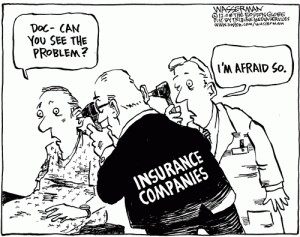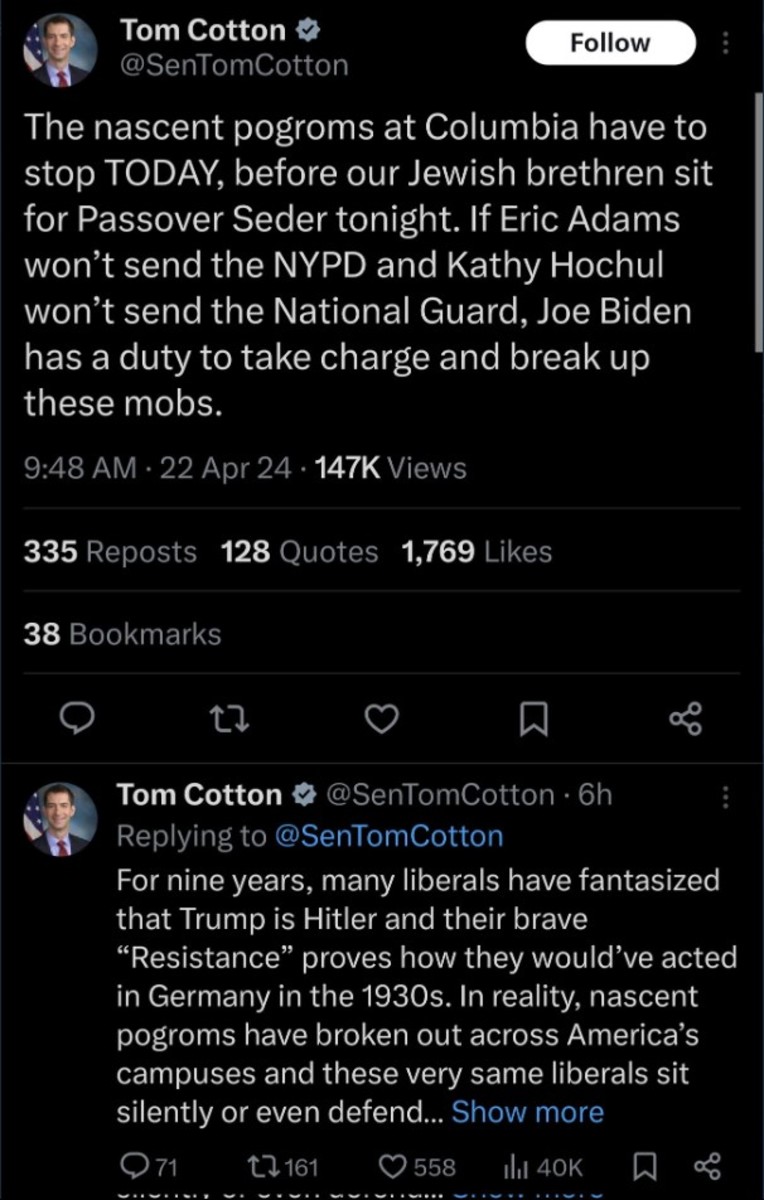Florida’s Mental Health Parity

by Amber Maccione
Mental health and substance abuse go hand in hand. Most professionals in the field of mental health of substance abuse rehabilitation would say that they cannot determine which came first – the mental health issue or the substance abuse issue. In the United States, $99 billion is spent on direct treatment for those with mental health issues (Florida Council for Community Mental Health). The ancillary costs total $273 billion (Florida Council for Community Mental Health). 42.5 million adults and 6.2 million children in the United States suffer from a mental illness or an EBD (emotional, behavioral, or developmental) issue (Nguyen, 2015). 19.7 million adults and 1.6 million children suffer from a substance abuse issue (Nguyen). Even though mental health and substance abuse are large and profitable businesses because of the amount of individuals in need of these types of services, the United States faces issues with mental health parity when it comes to providing the help these people need. Both the stigma behind being mental ill or having a substance abuse problem and finding insurance that will provide the financial support individuals need are issues that in 2016, people, agencies, and government officials are fighting.

The Issue
Although the stigma behind mental health and substance abuse issues is negative, which causes individuals to not want to seek the help they need for fear of being labeled or judged, this is not the root of the issue because the stigma continues to increase due to the insurance companies continuing to support it (Florida Council for Community Mental Health). Insurance companies tend to increase patient costs when it comes to mental health and substance abuse (Florida Council for Community Mental Health). Even with laws being passed to help fix the mental health parity that is seen greatly in health insurance across the United States, insurance companies continue to be secretive about what their policies really are in regards to mental health and substance abuse treatment. On September 26, 1996, federal law issued in the Mental Health Parity Act, which stated that mental health benefits could not have higher costs than medical and surgical benefits (Florida Council for Community Mental Health; Ollove, 2015). In 2008, federal law amended and increased protection for mental health benefits as well as added in substance abuse benefits (Government Relations Staff, 2008). This new law was called the Paul Wellstone and Pete Domenici Mental Health Parity and Addiction Equity Act (Government Relations Staff). The main things this law required from insurance companies was that they could not charge higher copays and deductibles for mental health and substance abuse benefits than for medical and surgical benefits, mental health and substance abuse benefits had to be the same scope or duration as other benefits, additional authorizations could not be required for mental health and substance abuse benefits, and the selection for mental health and substance abuse providers and prescriptions had to be equal to that for medical and surgical (Ollove). However, insuring compliance for this has been rather difficult for both the federal government and the state mainly due to two things: 1. the federal government is taking too long to come up with regulations to implement the 2008 parity law and 2. the Affordable Care Act has overwhelmed both state and federal governments in ensuring compliance with it that parity has taken a back seat (Ollove).

How it Affects Florida
Mental Health America has done an extensive study on mental health and substance abuse parity within the United States. Within their study, they have found that within the publically-available information on the health plans, the information is so limited that it is very difficult to figure out whether or not the insurance company is meeting the requirements of the parity laws because a person has to either extensively analyze the plan’s “Outline of Coverage”, “Evidence of Coverage”, or the full policy to really understand the access to treatment or the person has to request for the policy, which insurance companies sometimes will require him or her to sign up and pay before getting to see the full policy (Nguyen, 2015).
Another thing that Mental Health America found was that with the 2010 Affordable Care Act introducing the 10 Essential Health Benefits (EHB), a state would need to choose a health plan from the existing health plans to use as a benchmark for other Qualified Health Plans (QHP) within that state (Nguyen, 2015). These state benchmark plans are what determine the least amount of coverage a QHP would need to have for each of its EHBs (Nguyen). However, the state benchmark plans’ full policies have not yet been made available in order to do this; therefore, many do not comply with parity requirements (Nguyen). The benchmarks still limit visits and lifetime monetary benefits, which does not happen for medical or surgical benefits (Nguyen). They are also excluding coverage for treatment and rehabilitation centers without doing the same for medical and surgical (Nguyen). Under federal law, insurance companies cannot do that unless it also does the same with medical and surgical benefits (Nguyen).
Looking specifically at the state of Florida, the Mental Health America found that overall, Florida ranked 26 out of 51 in prevalence of mental illness and access to care (Nguyen, 2015). A rank of one would mean that the state has the lowest prevalence of mental illness and the highest rates of access to care, whereas, a rank of 51 would mean that the state had the highest prevalence of mental illness and the lowest rates of access to care (Nguyen). Florida’s overall score is in the middle of that. The reason for the score is that for adults with mental health, Florida ranked 25 out of 51; for children, 29 out of 51, which shows that children in Florida fare worse than adults when it comes to receiving mental health services (Nguyen). Looking at need verses access, Florida ranked three out of 51 for need showing that the state has a lower prevalence of behavioral health concerns (Nguyen). However, it ranked 44 out of 51 for access showing that the state is one of the worst in providing access to mental health care (Nguyen).
In the United States, 8.1 million adults with mental illness are uninsured (Nguyen, 2015). Out of the 42.5 million adults in the United States that suffer from mental illness, 41.4 percent have reported that they have received some type of treatment (Nguyen). Out of that percentage, one out of five have reported that the services they received did not fit with what they felt they needed (Nguyen). For Floridians, 4.1 percent are not insured, which ranks Florida 34 out of 51 (Nguyen). Floridian who have reported they have been treated, 35.4 percent, ranking Florida 47 out of 51 (Nguyen). Florida ranks 23 out of 51 for 20.4 percent of those that reported they had unmet mental health needs (Nguyen). Lastly, when the Affordable Care Act was being implemented, states had “the option of implementing their own state-run health exchange or using a federally-facilitated exchange”, allowing the state “to choose whether or not they would expand Medicaid benefits for individuals earning up to 138 percent of the federal poverty line (Nguyen). Florida rejected participating in the Medicaid Expansion with the Affordable Care Act; therefore, causing 535,000 uninsured adults with serious mental health and substance abuse issues that would have been eligible for coverage to not be covered (Nguyen).

Sources Advocating
As seen through the extensive research that Mental Health America did in 2015, mental health and substance abuse issues are very prevalent in the United States, making there a huge need for the negative stigma on mental health and substance abuse to go down and also for insurance companies to comply with the federal parity laws. Three organizations are fighting for the government to really inforce these laws: National Alliance on Mental Health, Florida Council for Community Mental Health, and Mental Health America.
The National Alliance on Mental Health (NAMI) is the largest mental health organization in the United States (NAMI). It is committed to helping those who suffer from mental illness have a better quality of life (NAMI). They are dedicated to educating, advocating, listening, and leading in order to give people the support and information they need, to create national public policies to ensure the people with mental illness are helped, to provide free referrals for those who need mental health services, and to make the public aware of mental health issues (NAMI).
The Florida Council for Community Mental Health is an association that is made up of over 50 community-based mental health and substance abuse agencies receiving funding from both local, state, and federal government (FCCMH). Each agency that is part of this association is a private corporation that sets policies for the agencies in order to ensure that community treatment needs are being met (FCCMH).
Mental Health America used to be known as the National Mental Health Association, which was founded in 1909 (Nguyen, 2015). They are the leading community-based network that helps Americans reach mental wellness in order to have quality of life (Nguyen). They promote mental health as a critical part of any wellness plan advocating for prevention, early identification and intervention, integrated care and treatment, and recovery for the individual suffering from mental health or substance abuse (Nguyen).
Conclusion
Although the United States has come a long way in making mental health and substance abuse a known issue that needs to be addressed, it still has a long way to go with lessening the negative stigma that encompasses mental health and substance abuse and also ensuring that insurance companies comply with federal mandate of parity with mental health and substance abuse benefits. Without the government enforcing and really seeing the need for this to happen, millions of individuals suffering from mental health and substance abuse issues will continue to suffer and lack a quality of life that others get to enjoy.
References
FCCMH. (n.d.). About the Florida Council for Community Mental Health. Florida Council for Community Mental Health. Retrieved from http://www.fccmh.org/about/index.asp
Florida Council for Community Mental Health. (n.d.). Mental Health Parity: A Fact Sheet. Retrieved from http://www.fccmh.org/resources/docs/MentalIllnessandParity.pdf
Government Relations Staff. (October 2008). The Wellstone-Domenici Mental Health Parity Act of 2008: Questions and answers for psychologists. APA Practice Organization. Retrieved from http://www.apapracticecentral.org/news/2008/wellstone-domenici.aspx
NAMI. (n.d.). About NAMI: Who We Are, What We Do. About NAMI. National Alliance on Mental Illness. Retrieved from https://www.nami.org/About-NAMI
Nguyen, T. (2015). Parity or Disparity: The State of Mental Health in America. Mental Health America. Retrieved from http://www.mentalhealthamerica.net/sites/default/files/Parity%20or%20Disparity%202015%20Report.pdf
Ollove, M. (7 May 2015). Despite Laws, Mental Health Still Getting Short Shrift. Stateline. The Pew Charitable Trusts. Retrieved from http://www.pewtrusts.org/en/research-and-analysis/blogs/stateline/2015/5/07/despite-laws-mental-health-still-getting-short-shrift
Copyright © 2016 http://ambercita04.hubpages.com/ All Rights Reserved
© 2016 Amber








